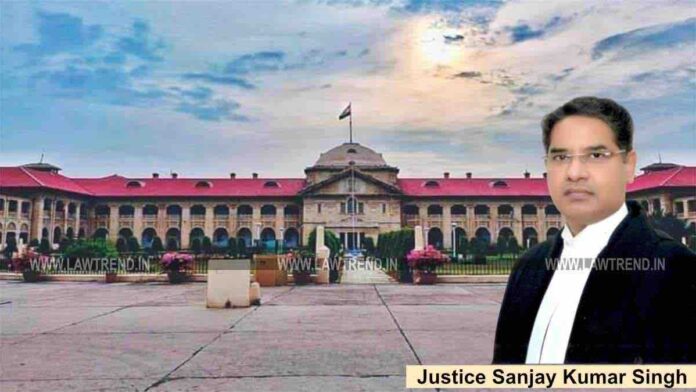In a significant decision that balances the sanctity of the prosecutrix’s testimony with the necessity for critical judicial scrutiny, the Allahabad High Court granted bail to an accused in a high-profile rape case. Justice Sanjay Kumar Singh presided over the matter and emphasized that while the statement of the prosecutrix is of paramount importance in

To Read More Please Subscribe to VIP Membership for Unlimited Access to All the Articles, Download Available Copies of Judgments/Order, Acess to Central/State Bare Acts, Advertisement Free Content, Access to More than 4000 Legal Drafts( Readymade Editable Formats of Suits, Petitions, Writs, Legal Notices, Divorce Petitions, 138 Notices, Bail Applications etc.) in Hindi and English.
Click to Subscribe
If you are already a VIP Member, Click to Login Now
READ ALSO Illegally Using Licensed Weapon not Per se Offence u/s 27 of Arms Act, Rules Supreme Court




